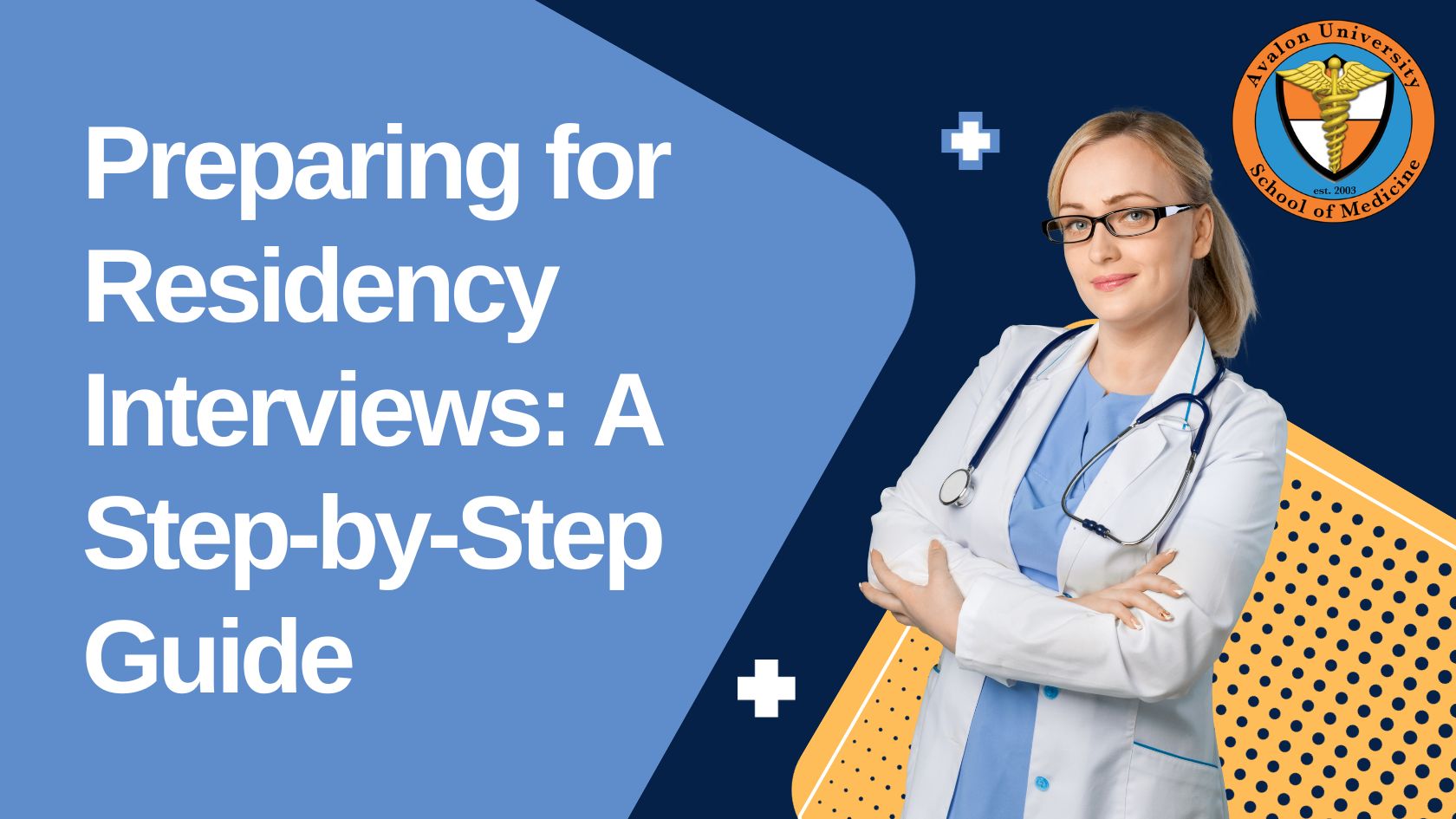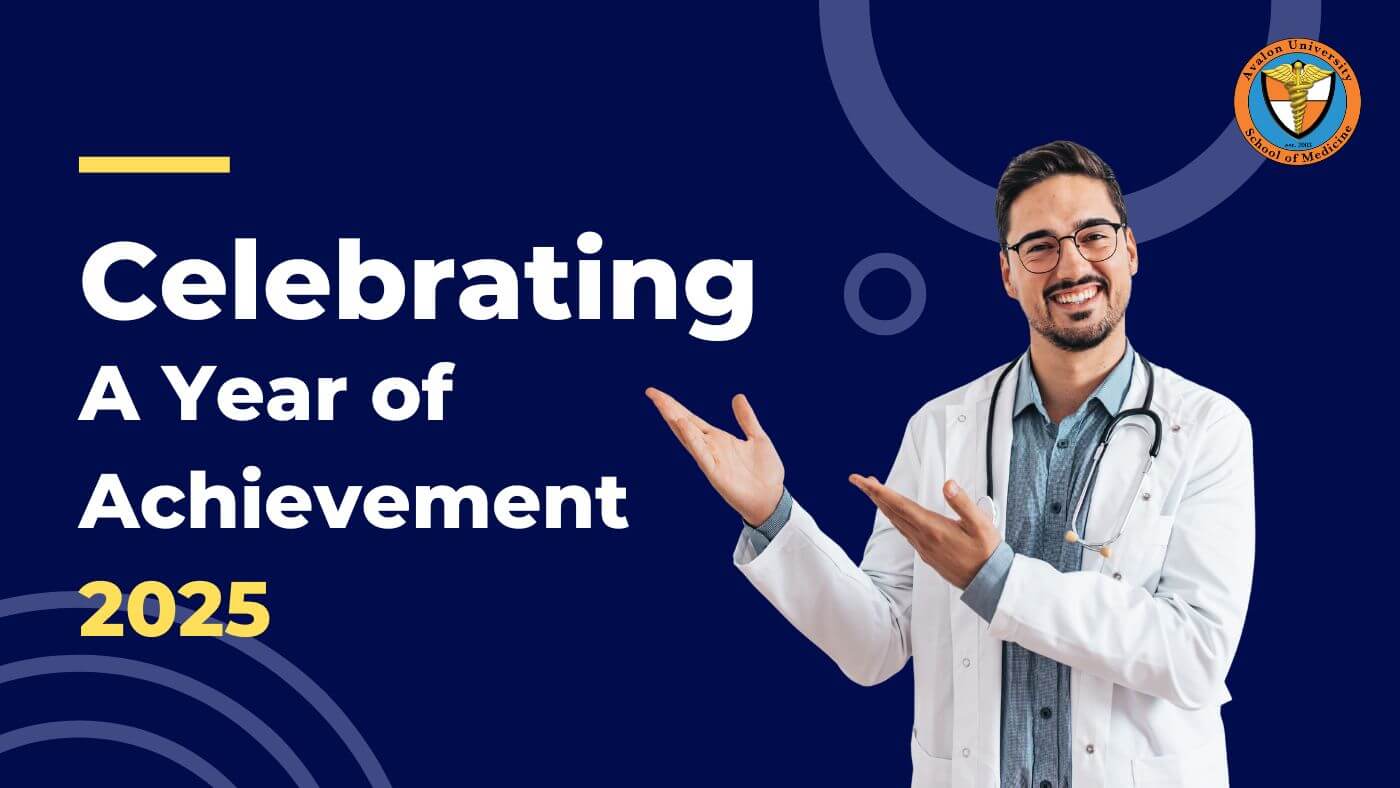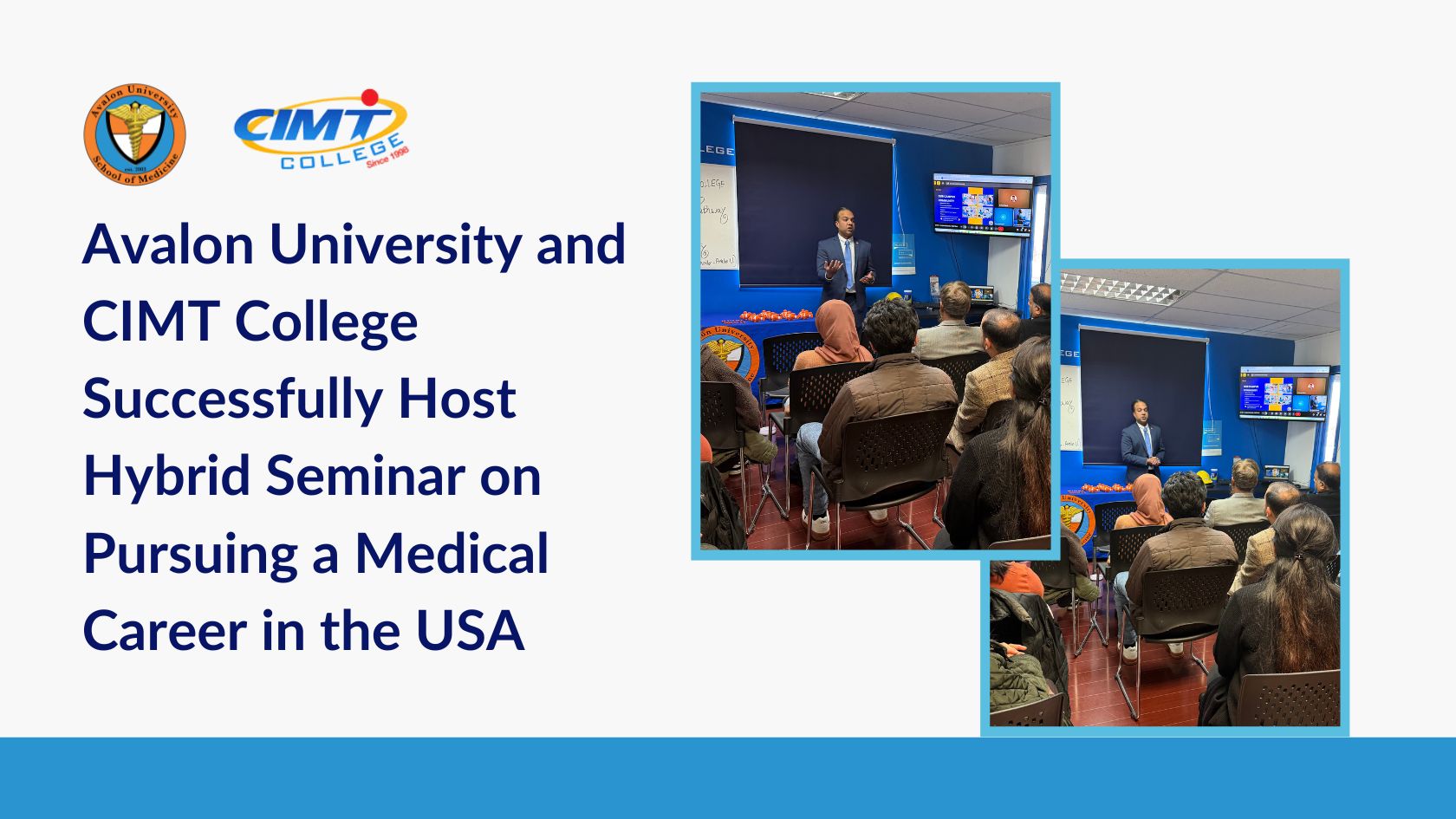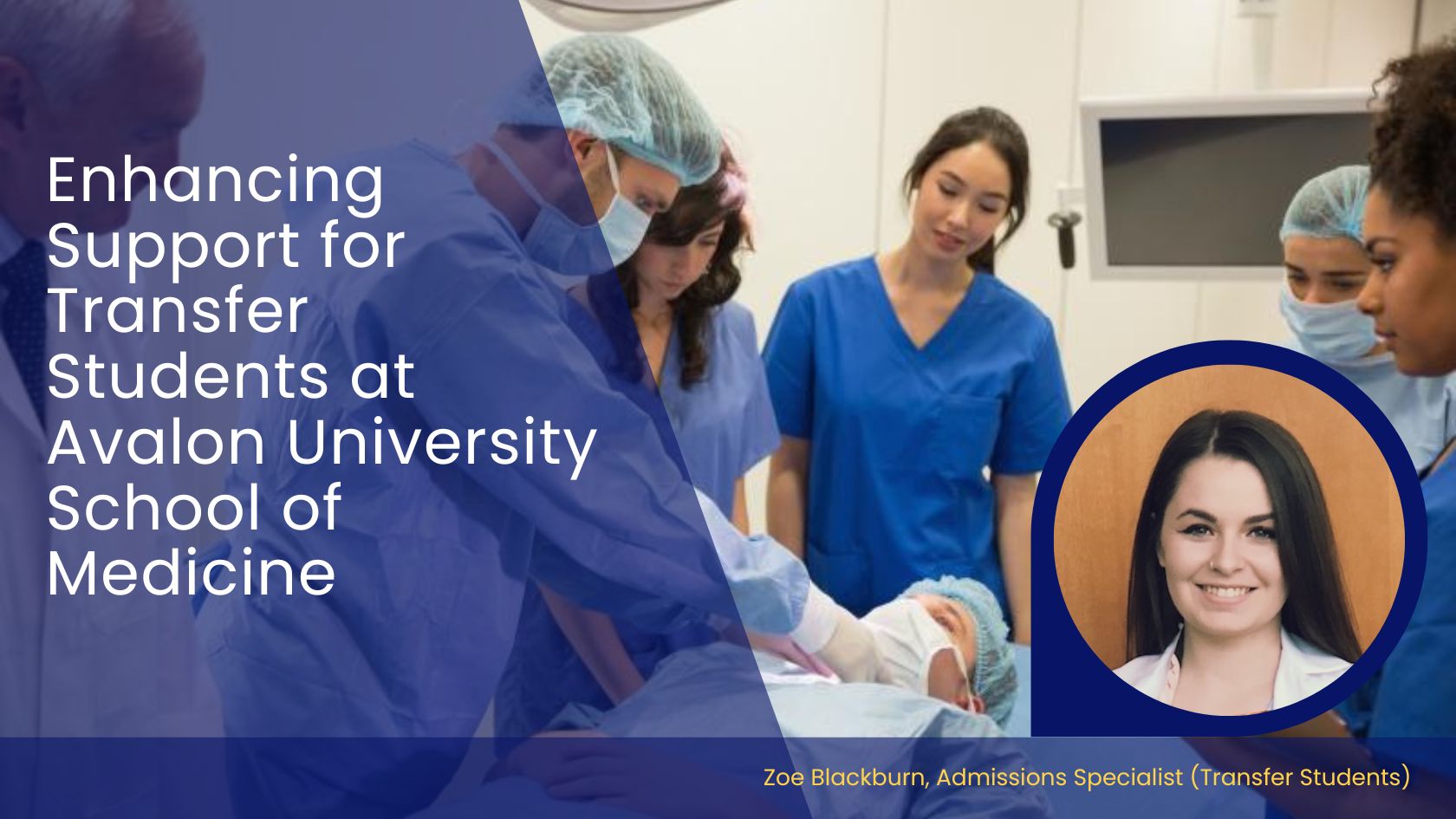Preparing for Residency Interviews: A Step-by-Step Guide
Residency interviews are a pivotal step on your journey to becoming a medical professional. They provide a platform for you to showcase your skills, knowledge, and passion for your chosen specialty. To help you shine during this crucial process, here’s a step-by-step guide on how to prepare effectively for your residency interviews.
1. Research the Program:
Start by thoroughly researching the residency programs you’ve been invited to interview with. Understand their values, mission, and the specific attributes they’re looking for in candidates.
2. Reflect on Your Experiences:
Reflect on your medical school experiences, clinical rotations, and any research or volunteer work you’ve done. Identify key moments that highlight your skills, teamwork, and commitment to patient care. These stories will serve as strong examples during your interviews.
3. Prepare for Common Questions:
Be ready to answer common interview questions such as “Tell us about yourself,” “Why do you want to join our program,” and more. Practice your responses, but avoid sounding rehearsed. Your answers should be genuine and reflect your true motivations.
4. Mock Interviews:
Conduct mock interviews with mentors, friends, or through your medical school’s career center. These practice sessions will help you refine your communication skills, receive constructive feedback, and build confidence.
5. Stay Current:
Stay updated on recent medical developments and current healthcare issues. You might be asked about your opinions on these topics during interviews.
6. Dress Professionally:
Choose professional attire that aligns with the culture of the program. Dressing appropriately shows respect for the institution and the interview process.
7. Prepare Questions:
Prepare thoughtful questions to ask your interviewers. This demonstrates your genuine interest in the program.
8. Be Punctual and Organized:
Ensure you know the interview schedule, location, and format in advance. If it’s a virtual interview, test your technology, ensure a quiet environment, and log in early to avoid technical issues. Arrive early for in-person interviews, well-prepared with necessary documents.
9. Confidence and Positivity:
Approach interviews with confidence and a positive attitude. Remember, the program invited you for a reason, so believe in yourself and your capabilities.
10. Follow-Up:
Send thank-you notes or emails to your interviewers to express your gratitude and reiterate your enthusiasm for the program.
In conclusion, residency interviews are a critical step in your medical career. Preparation, research, and effective communication are key to success. Remember to be yourself, stay calm, and showcase your dedication to the field of medicine. Good luck with your interviews!





